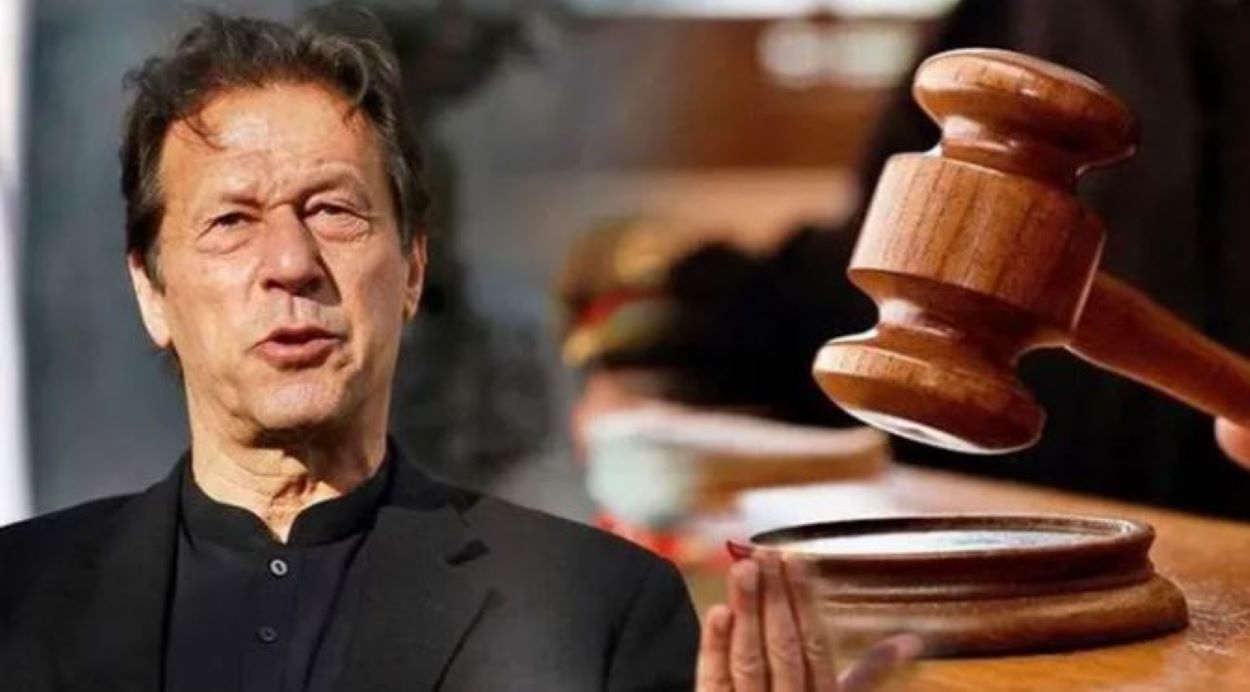On July 3, 2025, the Lahore High Court (LHC) ruled that former Prime Minister Imran Khan was involved in a criminal conspiracy behind the violent May 9, 2023, protests, dismissing his post-arrest bail petition. The decision, based on police testimonies, escalates Khan’s legal challenges.
The LHC’s detailed order cited statements from Inspector Ismat Kamal and Assistant Sub-Inspector Hassan Afzal, alleging Khan planned the May 9 violence through meetings on May 4 at Chakri Rest Area, Rawalpindi, and May 7 and 9 in Lahore. The court invoked Sections 120-B and 121-A of the Pakistan Penal Code for criminal conspiracy and abetment of mutiny, noting, “These statements undermine the argument that Imran was in jail during the violence.”
Prosecutors presented audio and video evidence, including PEMRA transcripts, pending forensic analysis. Court-approved tests like photogrammetry and polygraphs were stalled by Khan’s refusal to cooperate, per investigators. The LHC highlighted Khan’s prior Al-Qadir Trust conviction and his alleged role in inciting violence, which led to deaths and property damage, applying Section 497 of the CrPC to deny bail for serious offences.
Read: Lahore High Court Denies Imran Khan Bail in Eight May 9 Cases
The May 9, 2023, protests, sparked by Khan’s arrest in the Al-Qadir Trust case, saw Pakistan Tehreek-e-Insaf (PTI) supporters attack military and state properties, including Lahore’s Corps Commander’s House. The violence caused at least eight deaths and significant damage, per government reports. Khan faces over 200 cases, fueling political polarisation, as seen in heated X discussions.
The LHC’s ruling linking Khan to the May 9 conspiracy intensifies Pakistan’s political divide, impacting PTI’s strategy and public trust in the judiciary. With Khan detained since August 2023, the decision shapes the narrative ahead of potential elections, highlighting tensions over judicial independence and accountability. This case resonates with millions, influencing Pakistan’s governance landscape.






